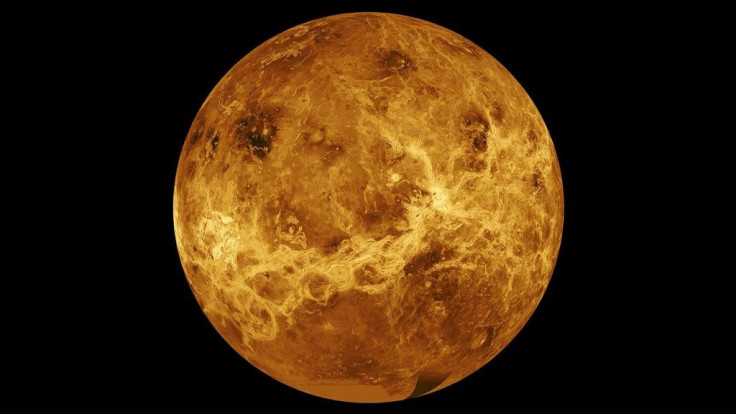'Triple Crown Moment': ESA, NASA Join Forces For Another Venus Mission
KEY POINTS
- The ESA's EnVision mission is set to launch in the 2030s
- It is working with NASA, which also has two coming Venus missions
- It would be a "triple crown" moment for the Venus science community
Another mission has its eyes set on Venus as the European Space Agency (ESA) has selected its next Venus orbiter. Called EnVision, it will provide an "all-encompassing" view of the Earth's "evil twin."
The mission was selected on June 10 and is targeted to launch by the early 2030s, the ESA said. The agency will be working together with NASA for EnVision, which aims to provide a "holistic view" of the planet, "from its inner core to upper atmosphere," to determine why the Earth and Venus evolved so differently.
EnVision would have various instruments that will seek to answer some important questions about Venus. For instance, it would seek whether Venus is still geologically active, if it was able to sustain life once and if the planet's history can foretell anything about the Earth's fate if it also experiences a "catastrophic" greenhouse effect.
As for NASA, it will provide a radar that will map and image the planet's surface. Together, EnVision's instruments will provide an "all-encompassing global view" of the processes on Venus.
"We are thrilled to contribute to ESA's exciting new mission to investigate Venus," Thomas Zurbuchen, associate administrator for science at NASA, said as per the ESA news release. "EnVision leverages strengths in instrument development by both our agencies."
'Triple crown' moment
The ESA made the announcement just about a week after NASA announced its upcoming Deep Atmosphere Venus Investigation of Noble gases, Chemistry and Imaging (DAVINCI+) and Venus Emissivity, Radio Science, InSAR, Topography and Spectroscopy (VERITAS) missions to Venus.
This makes the upcoming missions a "triple crown" moment for the Venus science community, NASA said in a news release. Together, the three missions will "provide the most comprehensive study of Venus ever."
"I am delighted that the synergistic capabilities of these three new missions will transform our fundamental understanding of Venus," Lori Glaze, director of NASA's Planetary Science Division, said in the NASA news release.
"A new era in the exploration of our closest, yet wildly different, Solar System neighbor awaits us," Günther Hasinger, director of science at the ESA, added. "Together with the newly announced NASA-led Venus missions, we will have an extremely comprehensive science program at this enigmatic planet well into the next decade."

© Copyright IBTimes 2024. All rights reserved.






















